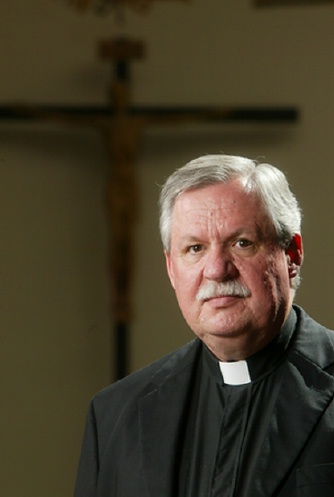The Moral Life and the Trenches

A friend, an American military officer, wrote me recently:
“I've been giving classes to the men these week (all the officers and staff NCOs) in preparation for Iraq, and I keep wanting to say 'Look, this is all stuff that will save your life. But at the end of the day, it's luck that will keep you alive. Make yourself as hard a target as you can but if that IED or sniper is going to get you, it/he is going to get you.' But I can't say that. I can't have that semi-fatalistic attitude. It's not fatalistic as in ‘I want it to happen,’ but fatalistic or perhaps resigned to the inherent risks this occupation takes...
“I'm looking at Iraq, specifically what it did to (a good friend), what it could do to (another good friend), what it did to (yet another friend) and his now orphaned kids, and thinking hard. I mean, I couldn't imagine doing anything other than what I am doing now. But at the same time, it's frightening what it has done to a snippet of my generation. I look at this war somewhat as Kurt Vonnegut looked at Dresden: 'a tower of smoke and flame to commemorate the rage and heartbreak of so many who had had their lives warped or ruined by the indescribable greed and vanity and cruelty....'
“My job is to motivate, control, and command (my men) in combat. That's another bizarre thing. As Robert E. Lee's character says in The Killer Angels,‘To be a good soldier you must love the army. But to be a good officer you must be willing to order the death of the thing you love. This is…a very hard thing to do. No other profession requires it. That is one reason why there are so few good officers, although there are many good men.’ Alas and alack, I suppose, as the saying goes: you signed up for this."
I share this with you all, with his permission, because my friend’s cry is clearsighted, close up, courageous, and principled - without cynicism, despair, or romance. He fixes his gaze on elevated things beyond personal convenience or gain, even as his sight engages all that is physical, concrete and real. This is what the struggle for the moral life looks like, and only good can come of it.
Best of all, my friend’s gut experience of what he doesn’t want to call “fatalism” in his first paragraph opens the door to the mystical self-revelation of God to the one needing relief and respite. “There are no atheists in the trenches.” God in the person of Jesus Christ came looking for me in my exile. And so God will for all of us.








